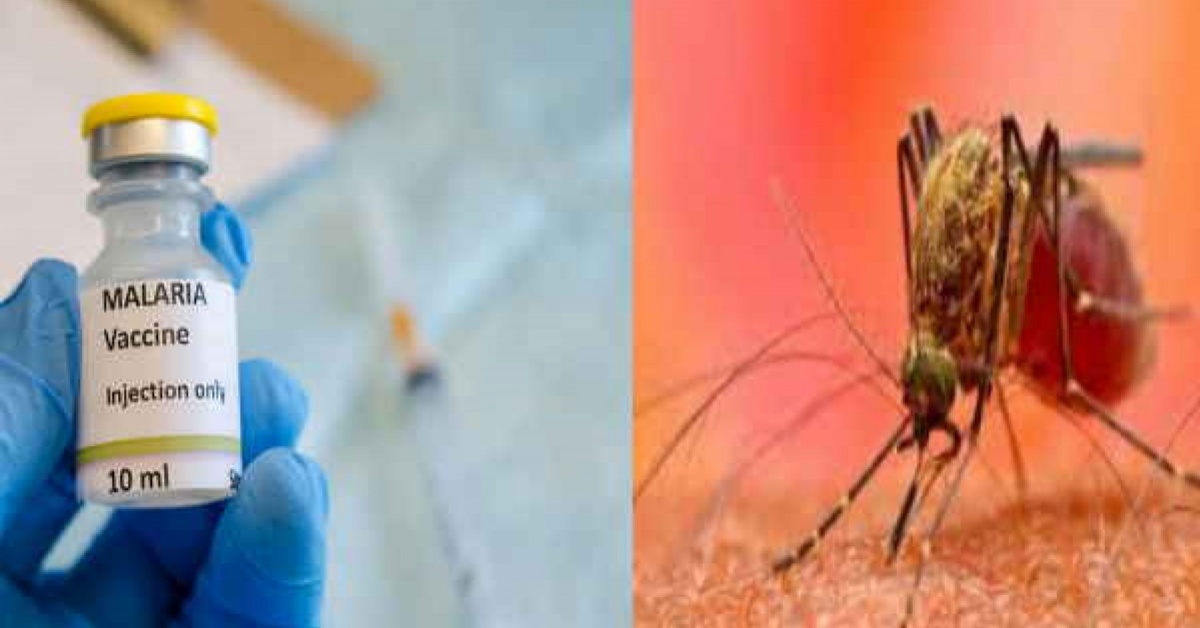World Malaria Day is observed annually on the 25th of April to raise awareness about malaria and the efforts to prevent and control the disease.
This year’s theme is “Zero Malaria – Draw the Line Against Malaria,” which highlights the need for sustained commitment and action to eliminate malaria.
Malaria is a life-threatening disease caused by the Plasmodium parasite and transmitted by the Anopheles mosquito. It is a major public health problem in sub-Saharan Africa, where Sierra Leone is located.
According to the latest World malaria report, there were 247 million cases of malaria worldwide, with 619,000 deaths of whom approximately 96% lived in Africa. Sierra Leone accounted for 2% of global malaria cases and 1% of global malaria deaths in 2020.
The development of a malaria vaccine has been a long-standing goal in the fight against malaria. In April 2021, the WHO announced that the R21 malaria vaccine had demonstrated a 77% efficacy rate in a Phase IIb trial in Burkina Faso. The vaccine was developed by researchers at the University of Oxford’s Jenner Institute and the Serum Institute of India.
Sierra Leone has been a leader in malaria prevention and control efforts, with the adoption of innovative approaches such as the use of community health workers and the distribution of insecticide-treated bed nets.
The Deputy Chief Medical Officer, Dr Mustapha Kabba, on Monday 24th April 2023 disclosed that plans are underway to fly in malaria vaccine as part of a series of efforts to eliminate malaria by 2025. He was speaking at the Conference Hall of the Ministry of Health and Sanitation, on Youyi Building during an engagement with the press marking World Malaria Day, and to discuss the steps which the Ministry had taken over the years to combat malaria in Sierra Leone.
According to Dr Kabba, a pilot had been done in three African countries about the vaccine, adding that children will be prioritized. He mentioned that there are a lot of problems which has served as a hindrance or a blockade to the fight against malaria in the country, such as sanitation, people’s perception, and where or which health facility to visit when one feels symptoms of malaria.
The introduction of the R21 malaria vaccine could further boost Sierra Leone’s efforts to eliminate malaria. The vaccine has the potential to reduce the incidence of malaria, particularly in vulnerable populations such as children under five and pregnant women.
“The first malaria vaccine recommended by WHO to prevent malaria in children (also known as RTS,S) is saving lives. In Ghana, Kenya and Malawi, where nearly 1.5 million children have received the vaccine through a WHO-coordinated pilot programme, there is a substantial decrease in hospitalizations for severe malaria and a drop in child deaths. At least 28 countries in Africa have expressed interest in introducing the vaccine, with some additional countries to start in early 2024,” WHO Regional Director for Africa, Dr. Matshidiso Moeti stated in commemoration of this year’s World Malaria Day.
Here is everything you need to know about this exciting new development in malaria prevention:
What is the R21 Malaria Vaccine?
The R21 malaria vaccine is a new vaccine that has been developed to protect against the most deadly strain of malaria, Plasmodium falciparum. The vaccine was developed by scientists at the University of Oxford’s Jenner Institute, in collaboration with the pharmaceutical company, Novavax.
The vaccine works by triggering an immune response that targets the malaria parasite. It is made from a small piece of the parasite’s protein, which is combined with a virus-like particle to stimulate the immune system. The vaccine is designed to be given in two doses, with an interval of one month between doses.
Clinical Trials and Efficacy
Clinical trials of the R21 malaria vaccine have shown promising results. In a phase IIb trial conducted in Burkina Faso, West Africa, the vaccine was found to have an efficacy rate of 77% against the most deadly strain of malaria, Plasmodium falciparum. This is a significant improvement over existing malaria vaccines, which have an efficacy rate of around 30-40%.
The trial involved more than 4,800 children aged between five months and three years. The children were randomly assigned to receive either the R21 vaccine or a placebo. The results showed that the vaccine was safe and well-tolerated, with no serious adverse events reported.
Future Impact
The development of the R21 malaria vaccine could have a significant impact on the fight against malaria. According to the World Health Organization, there were an estimated 229 million cases of malaria worldwide in 2019, with 409,000 deaths. The majority of these cases and deaths occurred in sub-Saharan Africa.
If the R21 vaccine is approved for use, it could potentially save millions of lives around the world. The vaccine is still in the trial stage, but if it continues to show promising results, it could be available for use in the next few years.
In addition to the R21 vaccine, there are also other promising developments in the fight against malaria, including the use of genetically modified mosquitoes and new antimalarial drugs. These developments, along with increased efforts in prevention and treatment, could help to significantly reduce the burden of malaria worldwide.
Conclusion
Malaria is a major global health problem, particularly in sub-Saharan Africa, where it is responsible for thousands of deaths each year. The development of the R21 malaria vaccine is a promising development in the fight against this deadly disease. Clinical trials have shown that the vaccine is safe and effective, with an efficacy rate of 77% against the most deadly strain of malaria. If the vaccine is approved for use, it could potentially save millions of lives around the world. However, there is still work to be done in the fight against malaria, and continued efforts are needed to develop new treatments and prevention strategies.











